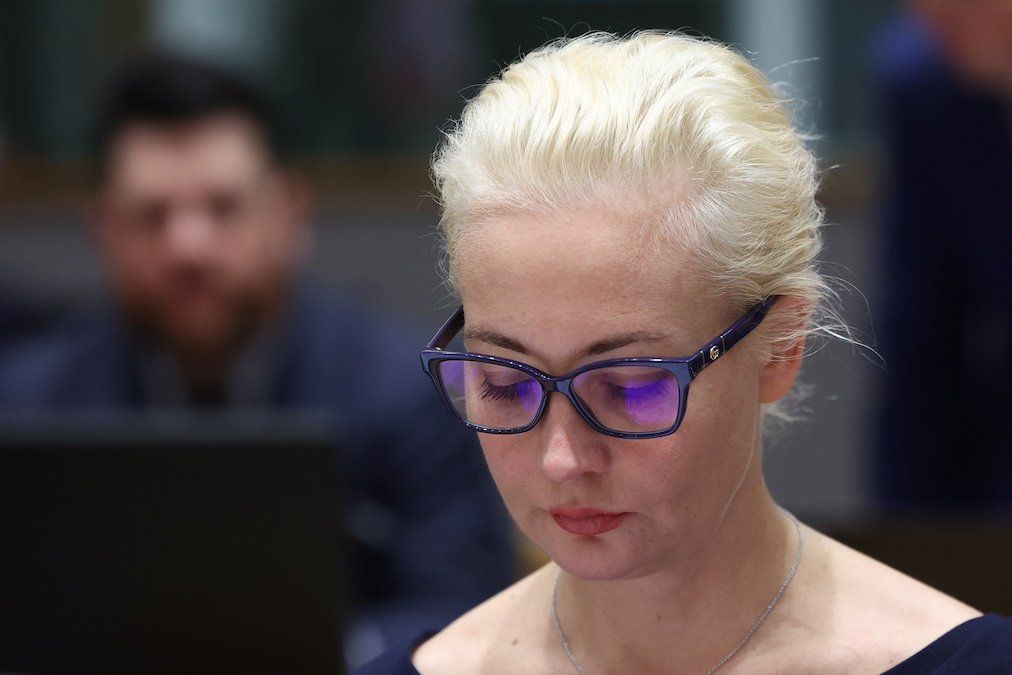Yulia Navalnaya, widow of Russian opposition leader Alexei Navalny, vowed to carry on her late husband's activism in defiance of Russian President Vladimir Putin, whom she blames for Navalny's death.
"Vladimir Putin killed my husband," Navalnaya said in a heartrending video message. "Putin killed … half of my heart and half of my soul … But I still have the other half, and it tells me that I have no right to give up. … The main thing that we can do for Alexei and ourselves is to keep fighting.”
Navalny died at an Arctic penal colony, allegedly from “sudden death syndrome.” But his mother has been denied access to his body, and his widow has accused authorities of waiting for the Novichok nerve agent – the same poison used on Navalny in 2020 – to dissipate from his corpse. The UK and the US have called for Navalny’s body to be released, and the EU has called for an independent international investigation into his death.
What’s next. The European Union is considering imposing further sanctions on Russia, and Britain has also threatened unspecified consequences. President Joe Biden said it was clear Putin had killed Navalny and the US was looking at a "number of options." In contrast, Donald Trump’s first public comment on Navalny’s death did not blame, or even name, Putin.